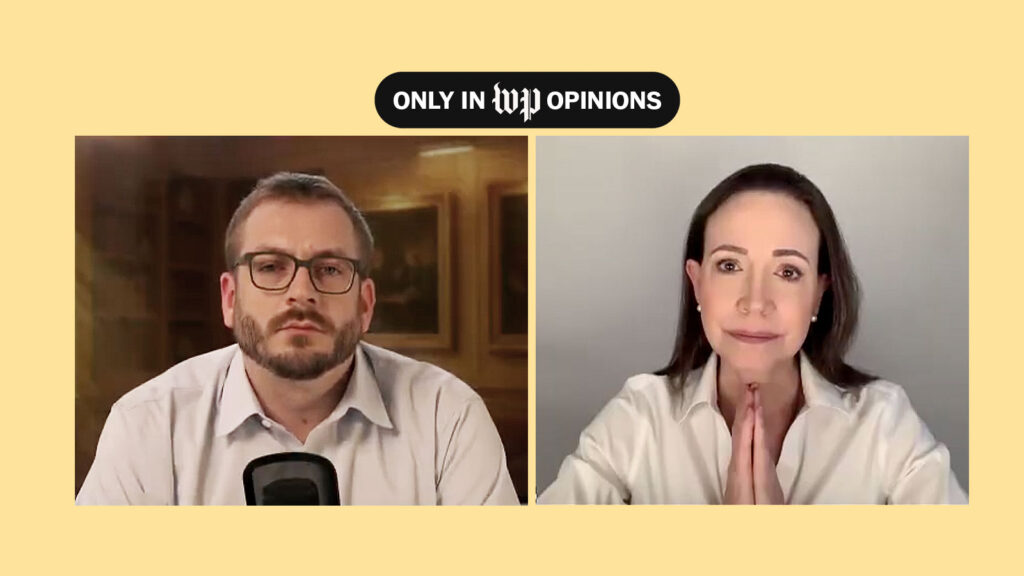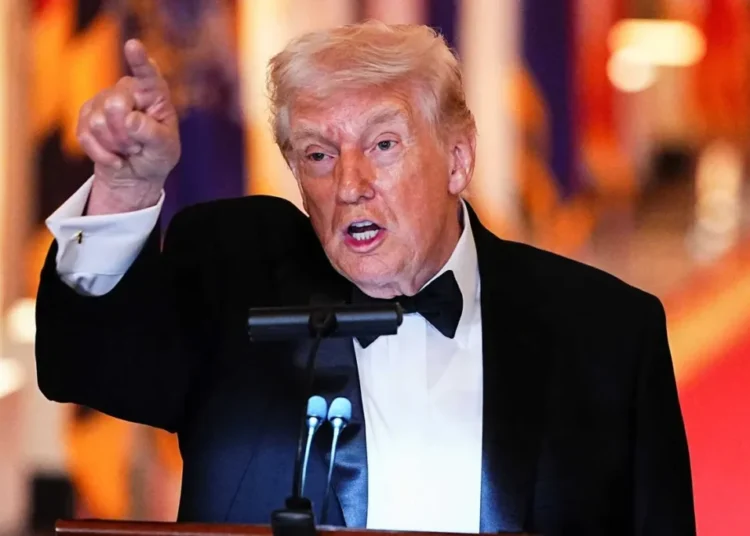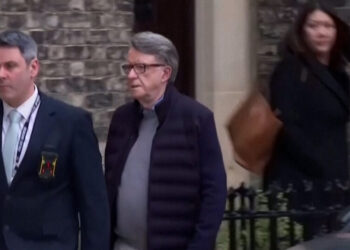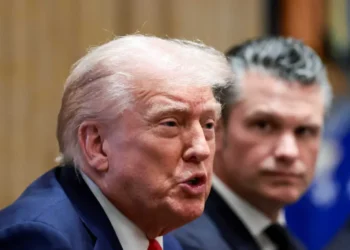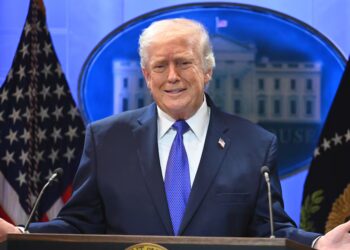Below is an interview with María Corina Machado, the leader of the Venezuelan opposition and the winner of the 2025 Nobel Peace Prize. Speaking to Opinion Editor Adam O’Neal on Nov. 19, she discussed her recently published Freedom Manifesto and the future of Venezuela. The transcript has been edited and condensed for clarity.
Adam O’Neal: The Freedom Manifesto really is a powerful document. Why is now the moment to publish this and put it out into the world?
María Corina Machado: Look, this is a turning point in Venezuelan history, perhaps one of the moments that we have fought hardest as a nation — ever. After 26 years of devastation, Venezuela is at the threshold of freedom. And it has taken many lives of Venezuelans that have been imprisoned, tortured, killed, forced to flee their country, separated from their families, thousands and thousands that have given everything for freedom. This is a moment in which we have united around our common values, those virtues that define the Venezuelan people — from our origins to this critical and decisive moment in our lives and in our history.
O’Neal: What is life like in Venezuela at this moment for the average Venezuelan?
Machado: I think it’s unbelievable to think that a country that used to be the richest country in the region, that has the largest oil reserves in the world, is today one of the poorest societies in the world. I mean, we’re talking about 86 percent of the Venezuelan population living in poverty. You know how much the monthly pension is, Adam? $1 a month. Our children only go twice a week to school, to public schools, because teachers earn $1 a day, so they need to get other jobs.
Young Venezuelans have been put into prison because they posted a picture of someone the regime doesn’t like. Today, just for posting in your social network, you would be persecuted. And they go to your house looking for you and if they don’t find you, just like what happened with a member of our party, they detained his mother, his daughter, his son and his granddaughter, a 2-year-old baby detained because they were looking for her grandfather. That’s what life is like today in Venezuela.
O’Neal: Why was it important to you to stay? You’re risking your life.
Machado: I always ask myself: Where am I more useful to our cause? I am convinced that I am much more useful here, close to the Venezuelan people. They know it, that I’m here, that our fight, our most important fight, is within our nation. And I’ve learned that even without being able to touch someone, you can be very, very close.
O’Neal: What do you say to Americans who look at what’s happening in Venezuela and say, “We have a lot of problems at home. And my heart goes out to you, maybe I’ll donate, but we don’t want America involved in this”?
Machado: I totally understand, but I want to start by saying that the conflict that has destroyed my country doesn’t stop at our borders. Imagine if a third of the population of your country were forced to flee, what it would mean. These are people that are forced to go somewhere else to survive, just to send food back to their children. These are women that have left babies. And when I used to travel around my country, I would find these very, very young children with the very old grandparents, because even the aunts and uncles have also been forced to flee.
But from Venezuela, the regime has decided to turn our country into a safe haven for the enemies of Western democracies from other countries. To destroy our country, to destroy our families and our lives, but also to expand these criminal activities from this safe haven, this satellite, that is only three hours away from Florida.
O’Neal: We all want Venezuela to be a prosperous democracy, which it was not that long ago. How do you get from the current state to there?
Machado: Venezuela is not like countries in the Middle East that have gone through long processes of authoritarian regimes that change. This is not regime change. We voted. We mandated a change of the regime a year and a half ago under absolutely unjust and extreme conditions. We had no money, zero media. You know how many interviews I did in the whole campaign on TV? Zero, not one. We organized a million volunteers and we won.
We’re not asking for regime change. We’re asking for respect of the will of the people and the people will be the one that will take care and protect this transition so that it is orderly, peaceful and irreversible.
O’Neal: When am I going to be able to come to Caracas and meet you in person? When do you think it will be safe and possible for you to come out and speak openly and to be with the people?
Machado: I would say that there is no other generation in Venezuelan history that values so much freedom, family and the possibility to move around freely in their homeland as this generation. And I believe that we are very close. We are at the threshold of freedom. And I promise I will host you. I will show you around the most beautiful country in the region.
Freedom comes with responsibility. And that’s one of the greatest lessons the Venezuelan people have learned. And I believe that this huge journey and unprecedented achievements that we have done in liberating, that we will end up liberating Venezuela and will serve also as an inspiration and example for other societies around the world.
The post ‘This is not regime change’: María Corina Machado’s message to Americans appeared first on Washington Post.
